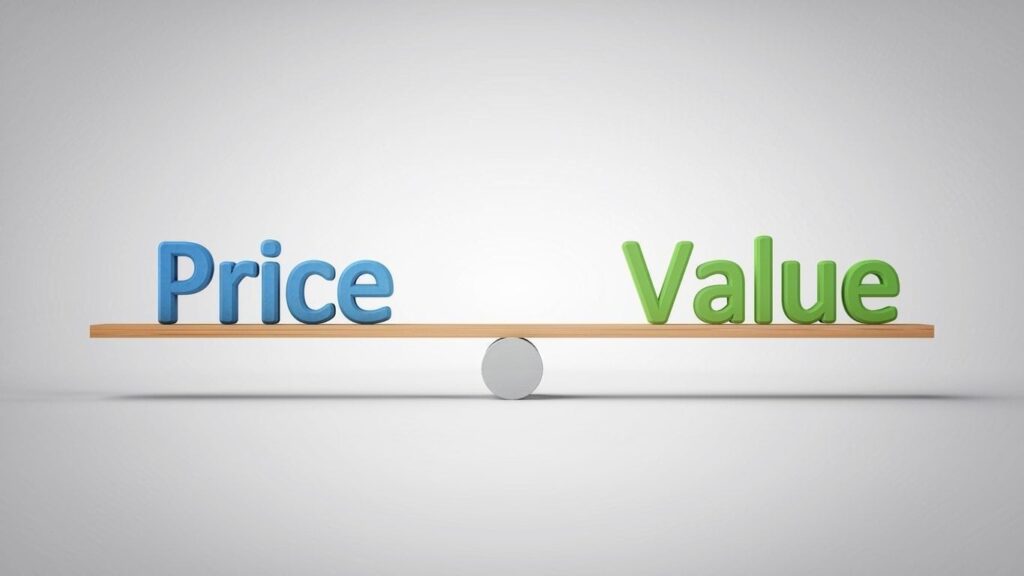When it comes to automotive CRMs, there are a lot of different options on the market. It can be difficult to determine which one is right for your dealership. In this article, we will discuss the benefits of using a CRM and how to choose the right one for your business. We will also highlight some of the features you should look for in a CRM.
What Is A CRM And Why Do You Need One For Your Dealership?
A CRM, or customer relationship management system, is software that helps businesses manage their relationships with customers and prospects. It can be used to track customer data, sales data, and contact information. It can also be used to create and manage marketing campaigns. In addition, a CRM can help you track the progress of your sales team and manage your inventory.
A CRM is a valuable tool for any business, but it is especially beneficial for automotive dealerships. A CRM can help you keep track of your customers’ contact information, purchase history, and service records. In addition, it can help you stay organized and manage your inventory. On top of it all, a CRM can also help you create and track marketing campaigns, and it can help you measure the results of your sales efforts.
The Benefits Of Using A CRM For Your Dealership

Before we get into how to choose the right automotive CRM for your dealership, let’s outline all the benefits that come from using software like this. Using great CRM software can:
- help you keep track of your customers’ contact information, purchase history, and service records.
- help you stay organized and manage your inventory.
- help you create and track marketing campaigns.
- help you measure the results of your sales efforts.
- help you increase customer loyalty and repeat business.
- help you improve your customer service.
- help you increase your sales and profits.
As you can so clearly see, there are so many reasons why you should invest in a CRM for your dealership.
And, on that note, here’s how you can do it.
How To Choose The Right CRM For Your Dealership
There are a few things you should keep in mind when choosing a CRM for your dealership.
Know Which Features You Need
Before you start shopping for a CRM, you should take some time to think about the features you need. Do you need a CRM that can track customer data to boost your sales? Do you need one that can help you manage your inventory? Do you need a CRM that can help your marketing efforts?
Answering all of these questions will be paramount in your selection process. Blindly choosing one of the CRM programs that are available is not the right move. You wouldn’t advise your customers to just buy the first car that they come across, would you?
So, take your time and figure out what you need. Once you know what features you need, you can narrow down your options and choose the one that fits your needs the best.
Shop Around For A Good Deal

There are a lot of different CRMs on the market, so it’s important to shop around and compare prices. Like we’ve said a moment ago, it’s not wise to just go out and buy the first piece of software you come across. That’s just not good business.
Instead, you should go out and compare the prices. You should also look for discounts and special offers. Some CRMs offer free trials or demos, so you can try them out before you fully commit.
As you can see, there is more than one way for you to shop around and find the option that works best for you.
Ask Around For Referrals
One of the best ways for you to end up with a piece of quality software is to ask around. You probably know more than one person using CRM for their dealership, so why not go to them for advice?
They might be able to point you in the right direction and help you save some money along the way. It’s always good to get a second (or third, or fourth) opinion before making such an important purchase. After all, you’re the one making a decision. You’re simply asking for input, so ask around as much as you want.
Ask All The Questions You Want

When you’re considering a CRM, be sure to ask all the questions you have about the product. Find out how easy it is to use, what kind of training is required, and what kind of support is available. You should also ask about any hidden costs or fees, as those could sneak up on your when you least expect them.
It’s not that common, but if you want, you can even set up a real-life meeting with the company that’s selling the product. This way, you can get a first-hand look at the software and see if it’s a good fit for your dealership.
You will also see how the people who created it want it to be used and you’ll be able to ask them all the questions you want – face to face. That way, you’ll learn more about the product than you would in a month of use.
Look For A CRM That Integrates With Your Existing Systems
If you already have other software in places, such as an accounting program or a marketing program, you’ll want to make sure that the CRM you choose can integrate with those programs. This will make it easier to manage your data and avoid potential errors.
Make Sure You’re Getting What You’re Paying For

Finally, be sure to do your due diligence and read the fine print before making your purchase. This is important with any kind of software, but it’s especially important with software like this. After all, you’re trusting it to manage your customers’ data – and that’s a big responsibility.
In other words, be sure that you understand what you’re getting into before you make your purchase. And if you have any questions, as we’ve just said – don’t hesitate to ask!
In Conclusion
As you can see, there are quite a few things to keep in mind when choosing a CRM for your dealership. By following these tips, you should be able to find the perfect software for your needs – without overspending or ending up with a subpar product.



